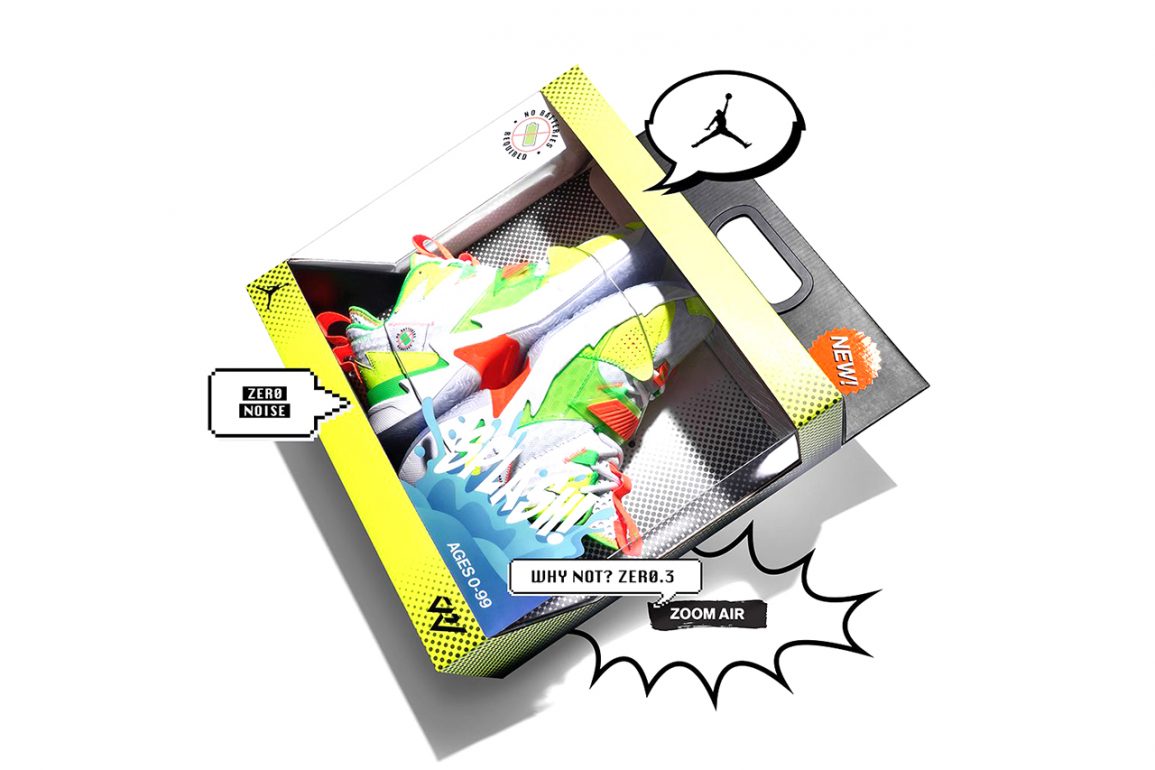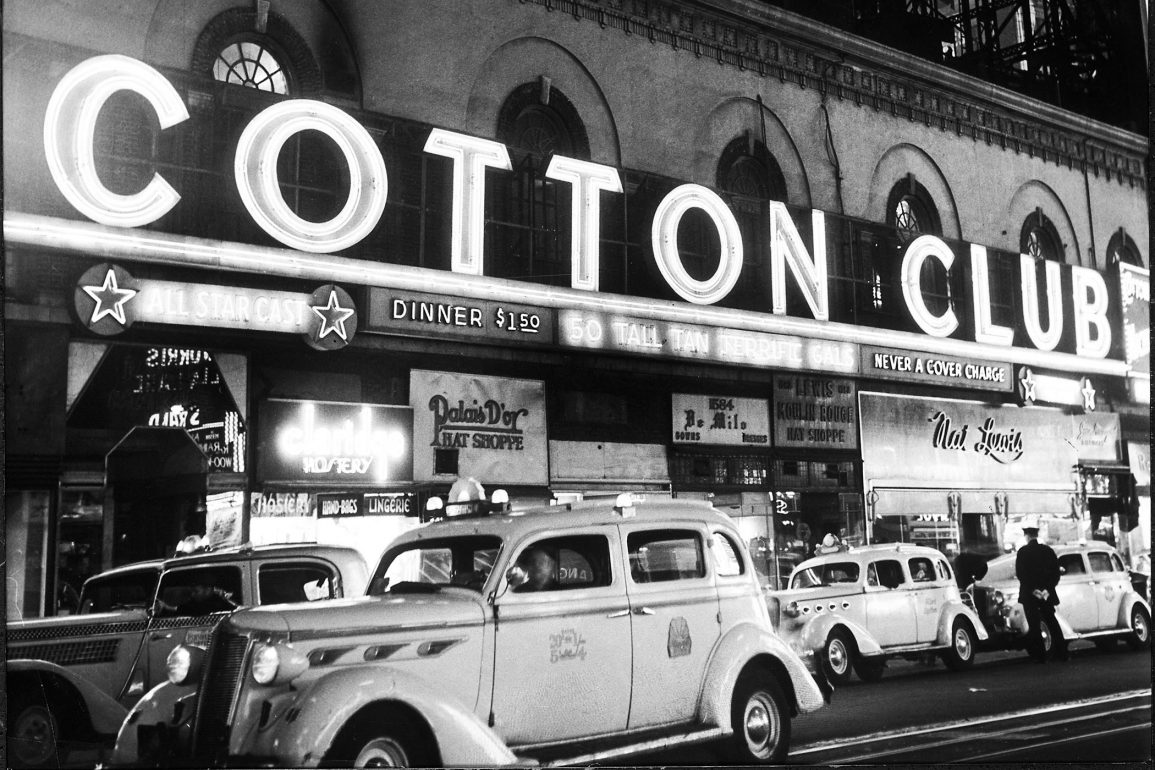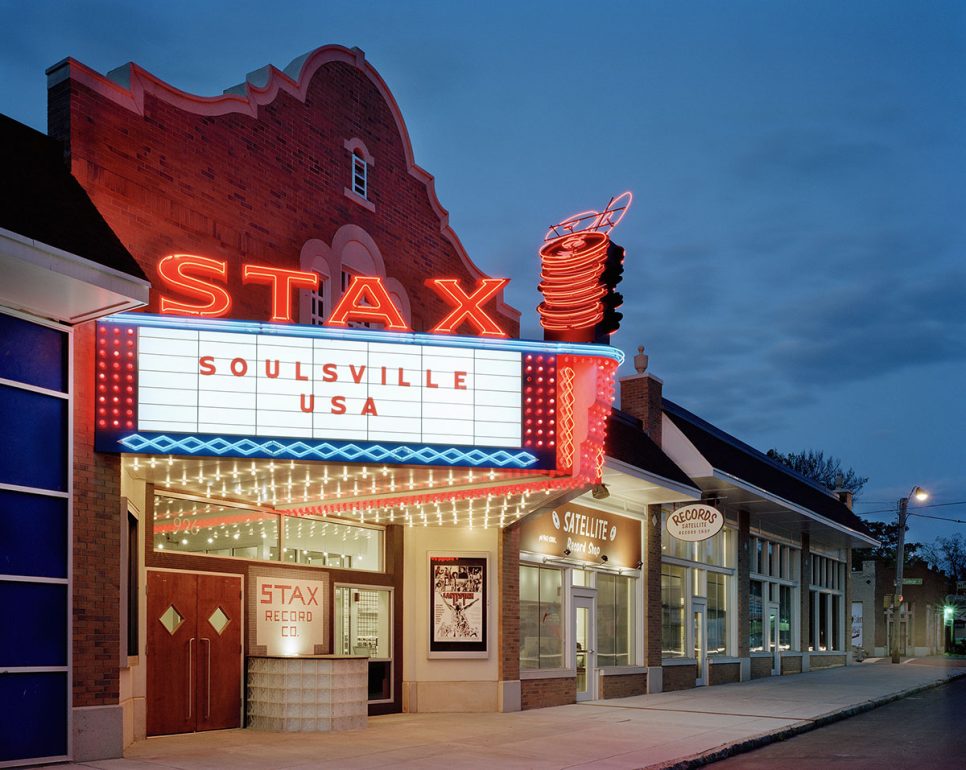Every February, Nike and various brands release a Black History Month capsule. This year Nike chose to tap 3 Black artists to design three separate pairs of the Air Force One FM, each of which tells a unique story. While these takes on the Black History Month theme are fresh and welcome, brands have leaned heavily on Ghanian Kente cloth inspiration for their BHM sneakers in previous years. This shouldn’t be the end of fresh themes for brands, as Black History is so much more. We all know that storytelling is one of the most important parts of a sneaker. There are so many untapped Black stories that brands can use to take their celebration to the next level. Here are a few ideas brands can take on for their next collection honoring Black people and Black history.
Black Inventors Pack
Black people are responsible for some of the most important inventions in history. From practical uses to simple entertainment, Black inventors span every facet. After watching a horrific accident in his hometown of Cleveland, Ohio, Garrett Morgan invented the three-light traffic signal. With All-Star Weekend being in Cleveland this year, Nike could have crafted a pair of sneakers implementing the stoplight colorway to honor the local legend. He also invented the safety hood, a precursor to the gas mask. There’s also Granville T. Woods, the man who defeated Thomas Edison in court twice and had over 50 patents to his name at the time of his death. His efforts completely revamped the public transportation system of America in the 19th century.

Image via Nike
What about a Peanut Butter colorway dedicated to the great George Washington Carver? Just a few years ago, Jordan Brand crafted both a Why Not Zer0.2 and Zer0.3 designed and packed like a Super Soaker, an invention created by Lonnie Johnson, a Black man. Why not do the same for some other model? Just think about it, wouldn’t it be dope to have a Charles Drew model with a red fluid design in the Swoosh to recognize his work with blood transfusions and blood banks akin to the Social Status Dunks?
Black Cities Pack

Nike can truly tap into Black history by celebrating historic Black cities and locations. One of which just happens to be a shipping hub for the Swoosh itself. Memphis, TN is home to the legendary Orange Mound neighborhood which is the first neighborhood in America to be built by and for Black people. There’s Harlem, NY the home of the Harlem Renaissance which spawned a myriad of Black artists in every facet of entertainment like Aaron Douglas, Langston Hughes, Billie Holiday, and Duke Ellington. Washington D.C. was appointed America’s first majority Black city in 1957 and has a long and rich history outside of the National Mall. It deserves a spotlight to showcase that legacy. Plus, you already know what the silhouette would be. The list of cities is endless, every majority Black city has a deep historical impact on the United States.
Black Music Pack

Black artists have been the foundation of music since the invention of music. Nike could tap into the history of Rock N Roll and do a “Rocket 88” themed pair of kicks in honor of Jackie Brenston and Ike Turner’s genre-creating song. If their work on the Memphis Grizzlies’ Stax-inspired City Jerseys from the 2020-2021 season is anything to go on then it shouldn’t be difficult for them to honor that legendary record label in sneaker form. Black music has been so integral to American culture that there’s a bevy of artists and labels to choose from. Hell, a Black man named James West reinvented the way microphones worked back in 1964, he would be an excellent design choice and story for a sneaker with a wiring style design like the old translucent Gameboy. Give me a shoe with Chuck Berry’s guitar as a Swoosh and you’ve got my money.
Black History Month should celebrate all of Black history. With brands starting to tap into other parts of Black culture like New Balance’s church-inspired collection, others should follow suit. While recent collections are a marked improvement, the long reliance on the Kente-inspired pattern feels more like an over-commodification of Black History rather than a celebration. By using a blend of working with Black designers as well honoring more of the rich history of achievements of Black Americans brands can truly celebrate Black History Month the way they should.

